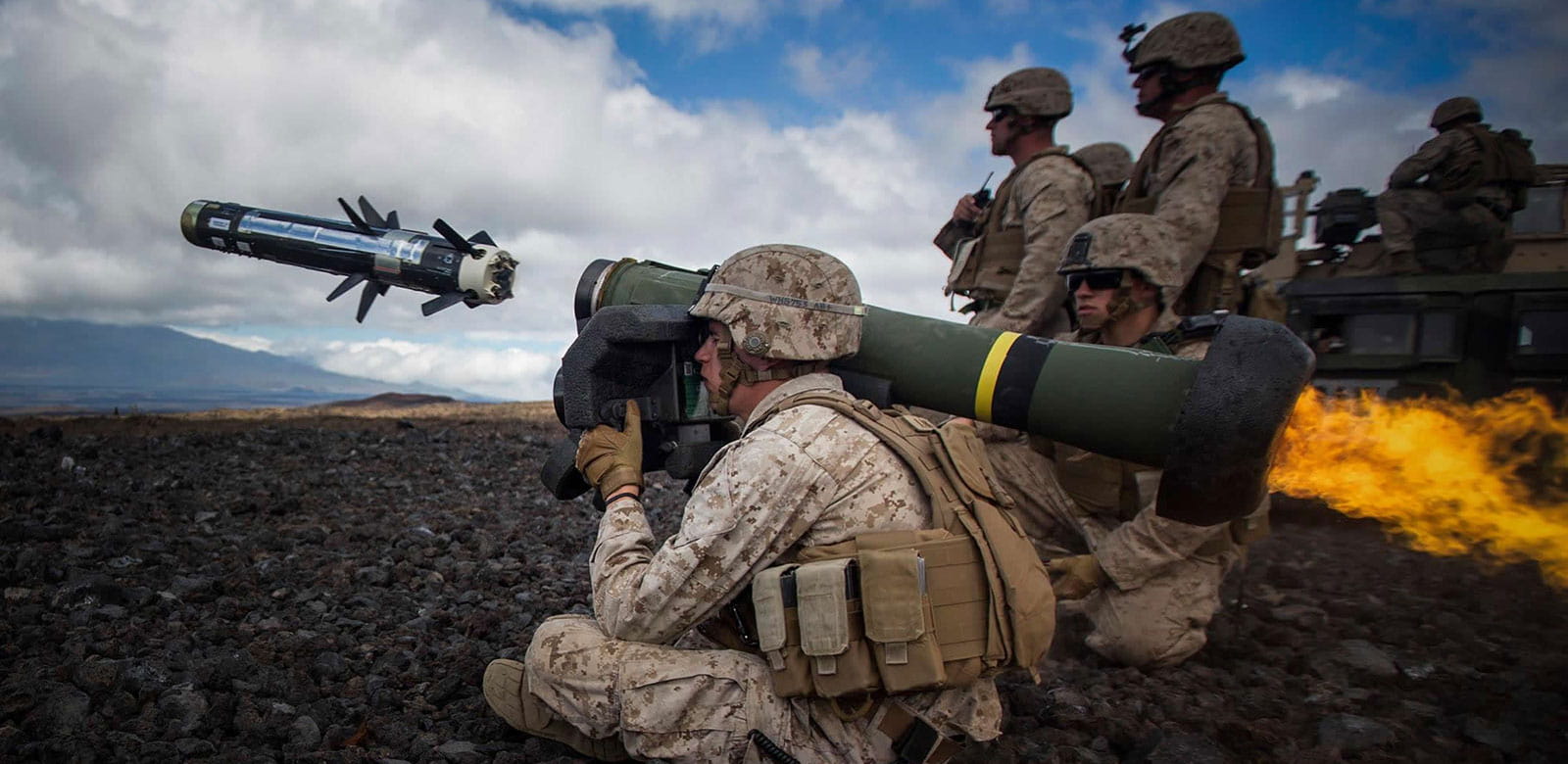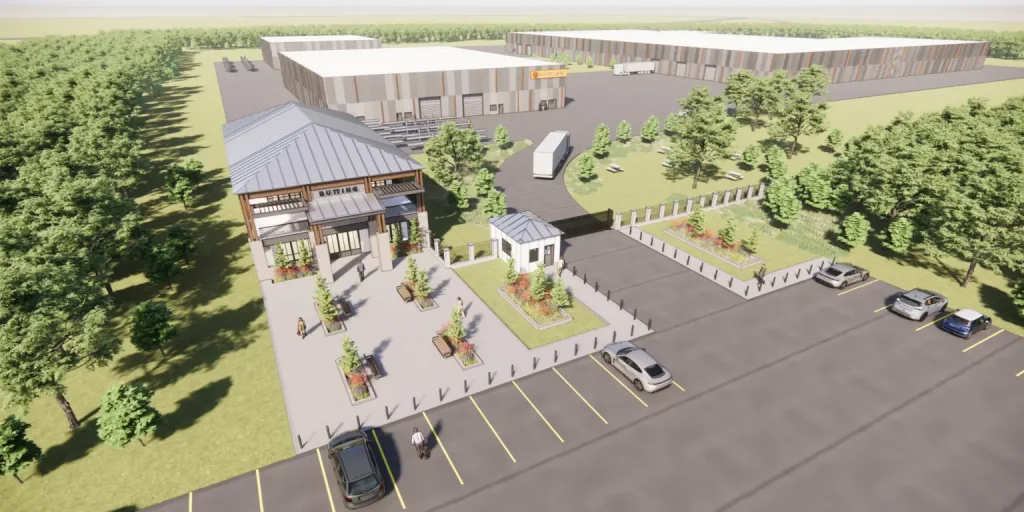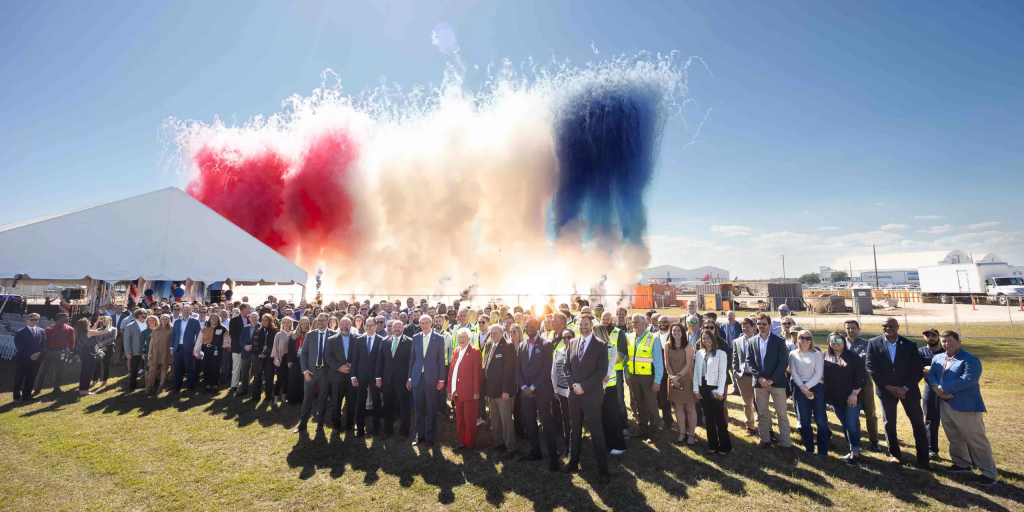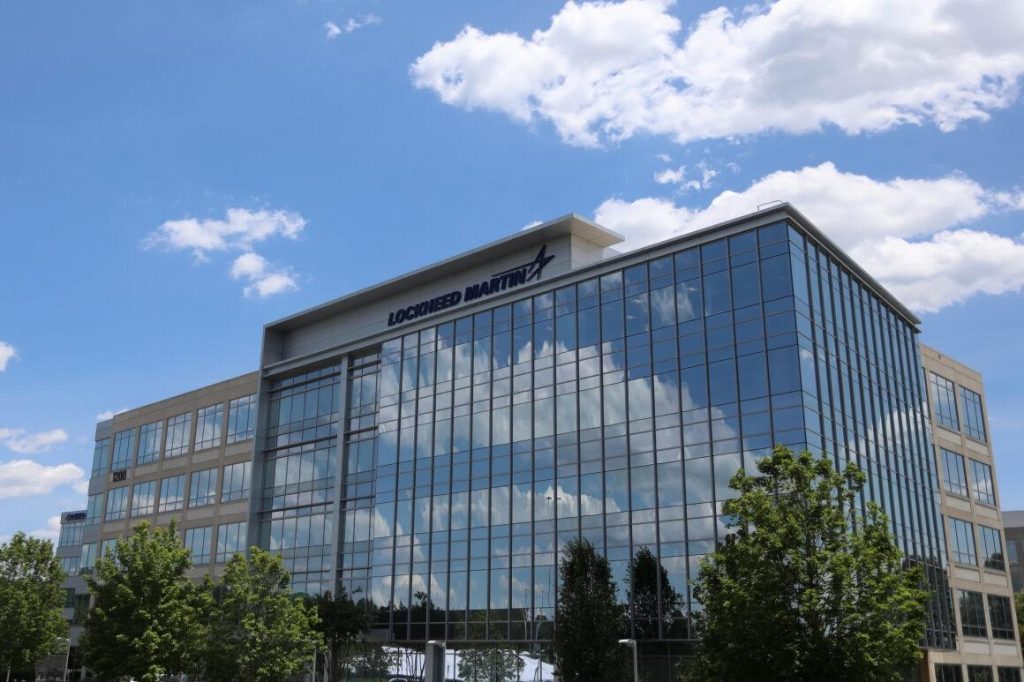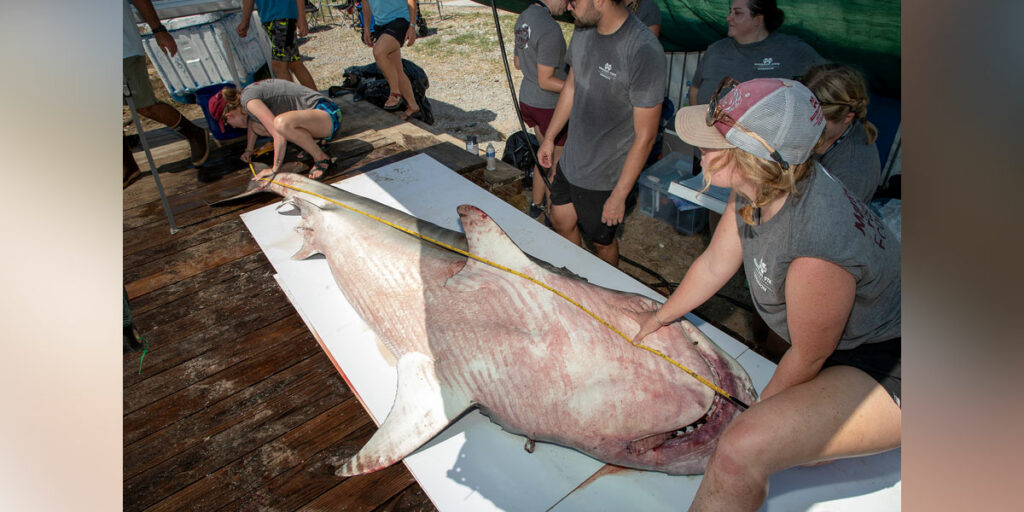Rural Alabama is setting the stage for some of the most pivotal advancements in the state’s aerospace and aviation industries.
From Lockheed Martin’s plan to boost production of its in-demand Javelin missile in Troy to a pioneering project involving remote air traffic control in Selma, the work happening in Alabama’s rural counties is being felt around the world as industry leaders gather for the 2022 Farnborough International Airshow.
“Aerospace and aviation are key industries for Alabama’s economy, and the contributions of our rural counties are vital to their success,” said Brenda Tuck, Rural Development Manager for the Alabama Department of Commerce. “Global defense contractors and other manufacturers have deep roots in these counties, where they have invested heavily in facilities, equipment and cutting-edge technology to serve markets around the world with strategic products and services.
“Their successful track record would not be possible without the superior workforces they have assembled in these counties,” she added.
In May, President Joe Biden visited Lockheed Martin’s missile assembly factory in Troy, home of the Javelin anti-tank weapon used by the U.S. military, as well as 19 allied countries. The U.S. has committed more than 5,500 Javelins to Ukraine in the war with Russia.
Developed in a joint venture with Raytheon Technologies, Lockheed has produced 50,000 Javelins in Troy and is seeking to ramp up production. The Pentagon recently awarded contracts worth $309 million for the expansion.
“Some of the best, most effective weapons in our arsenal are those Javelin missiles like the ones manufactured right here in Pike County,” President Biden said during his visit.
“I came for a basic reason from the bottom of my heart to say thank you, thank you, thank you. Thank you for what you do, thank you for what you continue to do. Unless you go out in the field and see it, you don’t realize what a difference you’re making.”
President Biden toured the Javelin production line at the 600-worker plant, which is a manufacturing, final assembly and storage operation for several Lockheed Martin missile programs, including Javelin, the Terminal High Altitude Area Defense (THAAD) missile, the Joint Air-to-Surface Standoff Missile (JASSM) and the Joint Air-to-Ground Missile (JAGM).
GROUNDBREAKING DEVELOPMENTS
Elsewhere in rural Alabama, Lockheed Martin has opened one of the nation’s smartest factories for the development of hypersonic strike technologies. It’s located in the Lawrence County town of Courtland, where the company has built defense systems since 1994.
Over the years, Lockheed Martin’s activities in Courtland have included research and development for tactical weapons and space exploration projects. The new “digital first” center’s focus is a high priority for the U.S. military, as hypersonic strike weapons fly at five times the speed of sound to intercept and destroy ultra-fast enemy missiles.
In Dallas County, Selma’s Craig Field is the site of a groundbreaking development for airspace control services in the nation.
Valdosta, Georgia-based Advanced ATC Inc., an air traffic control academy, plans to set up the nation’s first Remote Tower Air Traffic Control Center and a related academy at the former U.S. Air Force base.
The center will be equipped to support air traffic control services for up to 40 airports across the U.S., in a move that will allow such airports to afford the service without building their own control tower.
Through remote tower technology, air traffic controllers can perform all the functions of a traditional control tower from a different location, using cameras, real-time video and other equipment. The technology is increasingly popular in Europe.
“The Selma RTC will be the catalyst for this historic change in the United States,” said Dan Cunningham, chief operating officer for Advanced ATC.
ADVANCED TRAINING
Alabama’s rural counties also are home to the latest training programs to keep the aerospace and aviation worker pipeline strong.
The Alabama Aviation College, part of Enterprise State Community College, last fall introduced a new Advanced Composites program designed to train workers for new collar jobs, or those that require a specialized, technical set of skills.
AAC, with campuses in Ozark and Andalusia, is one of three locations to house the program, which is funded by a Department of Defense grant and supported by the Institute for Advanced Composites Manufacturing Innovation.
The program will prepare students to support the development and use of composite materials. AAC is receiving $50,000 per year for three years to help cover lab and instructor costs. State economic development funds also were used to renovate the Composites Lab and several other projects at the Ozark campus.
Jobs in aviation are increasingly using composite manufacturing technology, as do industries such as boating, racing, cycling and other sports, said AAC Director Stan Smith.
“The aviation industry is always on the leading edge of technology,” AAC Director Stan Smith said. “Aircraft now have many composite components since they are lightweight and strong.”
(Courtesy of Made in Alabama)




